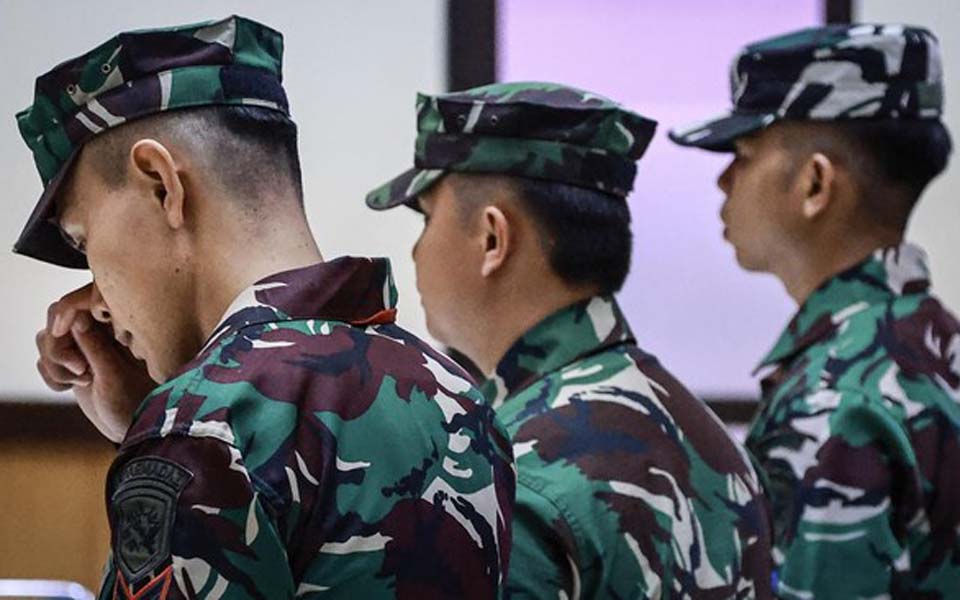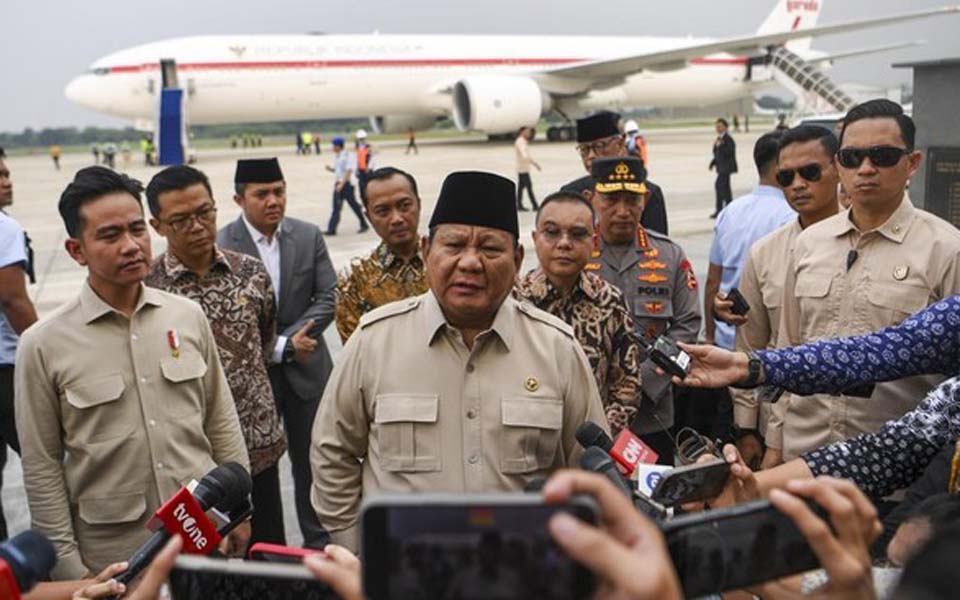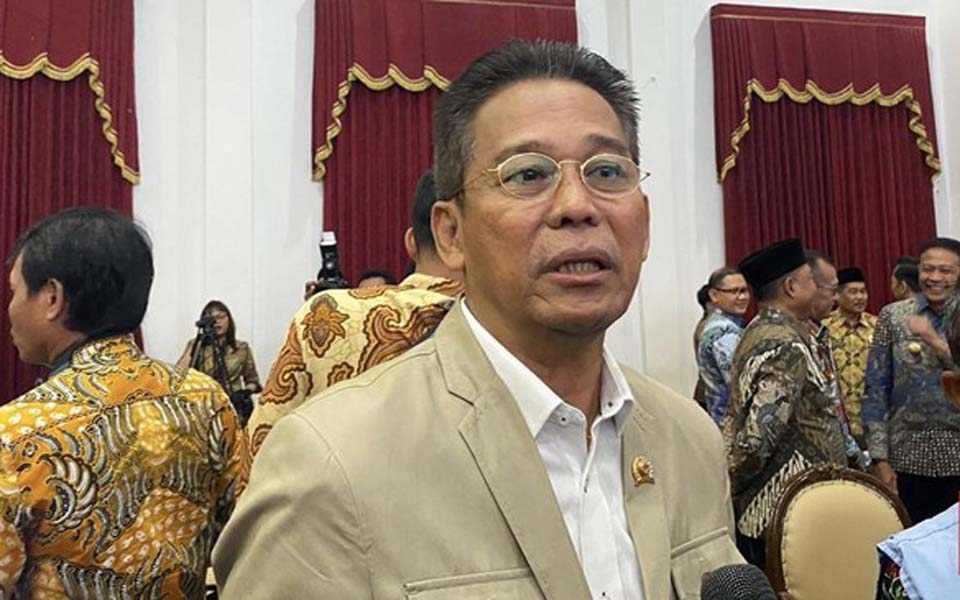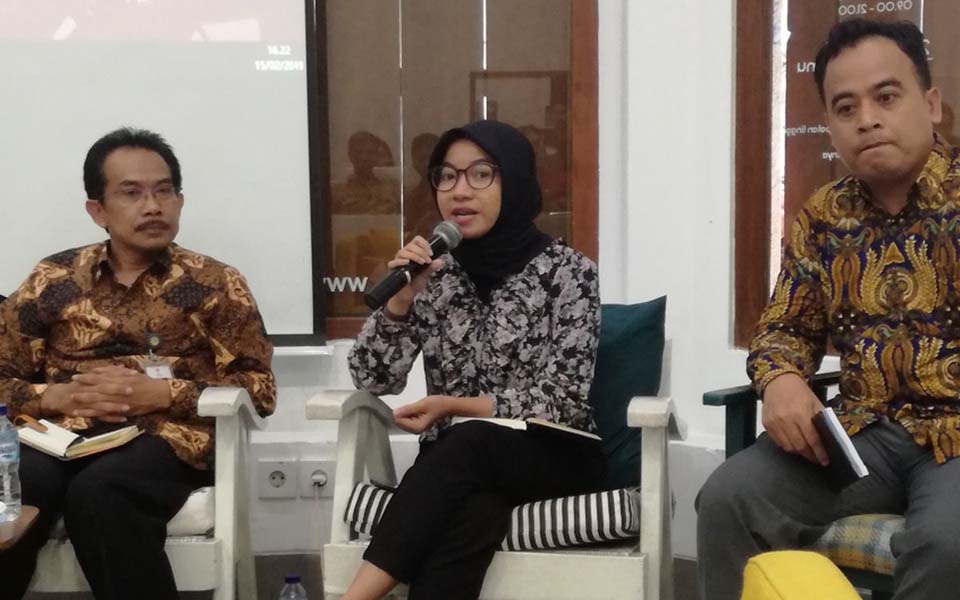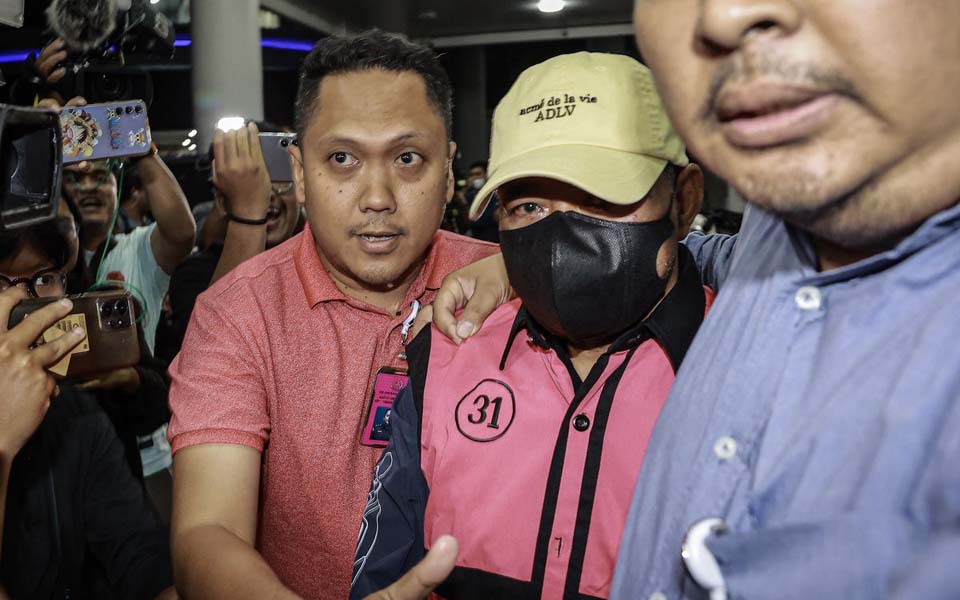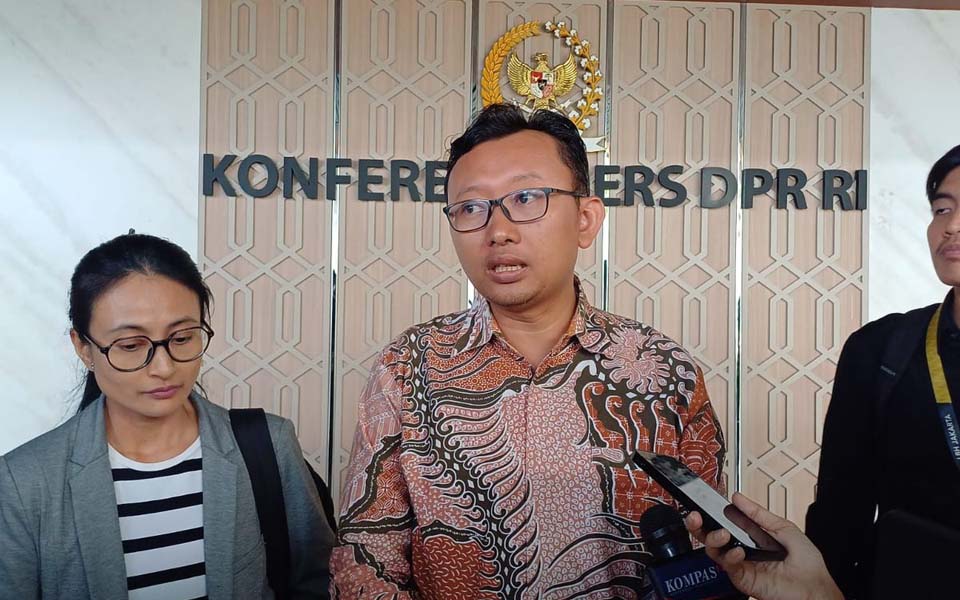Ilham Rian Pratama, Jakarta – Corruption is a crime which must be addressed with extraordinary measures. This is embodied in Law Number 20/2001 on Revisions to Law Number 31/1999 on the Eradication of Corruption.
Despite this, in practice the punishments handed down against corruptors has yet to create a deterrent effect because many are given light sentences.
Based on a review conducted by Indonesia Corruption Watch (ICW) throughout 2019, the average sentence handed down by courts for corruptors is just two years and seven months jail.
Moreover some 54 corruption defendants have been found not guilty and released by courts, including former Bank Restructuring Agency (BPPN) head Syafruddin Arsyad Temenggung who was a defendant in a Bank Indonesia Liquidity Support Scheme (BLBI) Certificate of Clearance (SKL) case and former State Electricity Company (PLN) Director Sofyan Basir who was a defendant in the Riau-1 Coal-fired Power Plant bribery case.
“If the courts keep handing down light sentences against perpetrators of corruption then it is a positive fact that a deterrent effect will never be properly realised”, said ICW researcher Kurnia Ramadhana at press conference held through video conferencing on Sunday April 19.
ICW categorises a sentence of zero to four years as a light sentence, four to 10 years a medium sentence and a sentence of more than 10 year a heavy sentence.
Ramadhana explained that based on monitoring conducted by ICW, in 2019 there was 1,019 corruption cases which were heard in court at all levels involving 1,125 defendants.
Out of this total, as many as 842 corruption defendants were given light sentences by courts at various different levels or 82.2 percent of the defendants who were tried.
This figure has increased in comparison with last year when the number of defendants receiving light sentences was 79 percent.
Only around 173 or 16.9 percent of defendants received a medium sentence and only nine or 0.8 percent of defendants received a heavy sentence. Moreover, said Ramadhana, 41 defendants were found not guilty and 13 defendants were released from indictments.
“The trend in court verdicts against corruption crimes throughout 2019 does not yet show full support for the eradication of corruption. This is because according to ICW’s findings, the average sentence against corruption defendants was only two years and seven months jail”, he said.
The average sentence handed down by courts was less than the average sentence demanded by prosecutor from both the Attorney General’s Office (AGO) as well as the Corruption Eradication Commission (KPK).
The average sentence demanded by prosecutors from the AGO was three years and four months jail, while the average sentence demanded by KPK prosecutors was five years and two months jail.
Giving a detailed breakdown, Ramadhana explained that out of a total of 911 defendants, prosecutors from the AGO demanded light sentences for as many as 604 defendants, medium sentences for 276 and heavy sentences for 13 defendants.
Meanwhile the KPK prosecuted 197 defendants, with prosecutors demanding a heavy sentence for 51 defendants, medium sentences for 72 and heavy sentences for six defendants.
In terms of verdicts meanwhile, cases handled by the AGO have on average resulted in sentences of two years and five months jail, while corruption cases handled by the KPK have on average resulted in sentences of four years and one month in jail.
“So for light sentences, in cases prosecuted by the KPK there were as many as 63 defendants and for the AGO it totaled 722 defendants. Sentences categorised as heavy [prosecuted] by the KPK amounted to two defendants and the AGO five defendants”, he said.
ICW is asking Supreme Court Justice Muhammad Syarifuddin to pay special attention to the trend of light sentencing of corruption defendants. The Supreme Court could do this by drafting and producing guidelines on criminal prosecution.
“So that in the future all judges have a specific standard when ruling on a corruption case”, he said.
Aside from this, ICW is also asking the Supreme Court to be selective in assessing the worthiness of evidence in judicial reviews (PK) which are now being submitted by many corruption convicts.
Throughout 2019, the Supreme Court reduced the sentences against at least six corruption convicts by reducing jail terms or abolishing financial compensation.
“Don’t let PKs become an opportunity for corruption convicts to evade indictments without being based on clear stipulations”, he said.
And corruption defendants have not just receiving light sentences – efforts to recover financial losses by the state as a consequence of corruption have also not been optimal.
Throughout 2019, ICW says that corrupt practices have caused financial losses to the state of more than 12 trillion rupiah.
Yet the additional punishments in the form of financial compensation handed down in verdicts by judges has only amounted to around 748 billion rupiah or only around 10 percent of the state’s money which could have been recovered by courts.
The AGO and the KPK have also not fully utilised the articles on money laundering against corruptors. Throughout 2019, only eight defendants were subject to the Law on Money Laundering.
Yet the application of the money laundering law against defendants has been proven to result in sentences which are orientated towards impoverishing perpetrators of corruption.
Through a combination of heavy jail sentences accompanied by the recovery of moneys gained through corruption, ICW is convinced that this will provide an effective deterrent for corruptors.
In order to address this, ICW is urging law enforcement officials, both from the AGO and the KPK, to properly take advantage of the guidelines for prosecution when dealing with corruption defendants.
Moreover, according to Ramadhana, the guidelines on prosecution are included as one of the points which will be revised through the National Strategy for the Prevention of Corruption.
“This is being done so that in the future prosecutions carried out by law enforcement officials can really be orientated towards the deterrence of corruption crimes”, he said.
In addition to this, according to Ramadhana, law enforcement officials, both from the AGO and the KPK must always use the money laundering law when indicting corruptors.
“Because, in judicial terms as well the reality of corruption crimes they are often directly linked with money laundering crimes. At the same time this will provide the maximum deterrent effect against perpetrators of corruption”, he said.
[Translated by James Balowski. The original title of the article was “ICW: Rata-rata Vonis Terhadap Terdakwa Korupsi Hanya 2 Tahun 7 Bulan Penjara”.]










